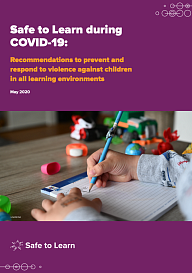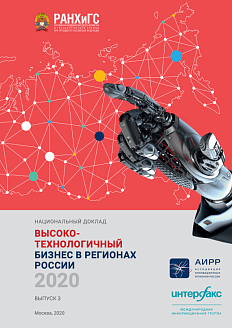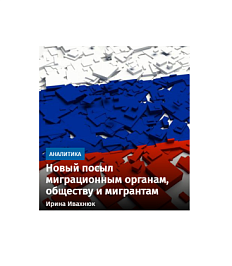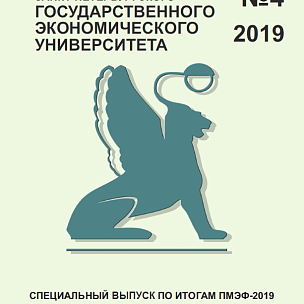The study, prepared by experts from the United Nations Educational, Scientific and Cultural Organization (UNESCO), the United Nations Children’s Fund (UNICEF), the Civil Society Forum, the World Bank and others, reflects the current challenges of distance learning as measures are taken to contain the spread of the coronavirus pandemic.
Roscongress Foundation analysts highlighted the main theses of this research, accompanying each of them with suitable fragments of video broadcasts of panel discussions held as part of business programs of the key events hosted by the Foundation.
School closure and social distancing seriously harm the psycho-emotional state of students and prevent children from practicing their skills in building healthy social relationships.
As of April 2020, school closures caused by the COVID-19 pandemic and its aftermath affected about 91% of students globally. Despite the fact that the school today is also one of the places where aggression and cruelty are observed, it still remains an important institution that performs a protective and educational function, especially for the most vulnerable groups of students, who use the school opportunities not only for learning and development, but also for obtaining the most reliable and accurate information on such important issues of human life as hygiene, general physical and mental health.
Economic pressure and consequences of school closure will have the biggest negative impact on the most vulnerable groups of students, namely refugees, children with disabilities, indigenous children, low-income families, children from rural areas, as well as children with certain difficulties to access online platforms and other resources, the lack of which limits the fundamental right of children to education.
Cooperation between educational organizations and social protection authorities is an important factor in ensuring a safe educational environment.
Today, there are many factors that play an important role in ensuring a safer learning environment, which primarily include the environment and external conditions — civil society, teachers, parents, foster parents, students. In addition, the government has one of the most important roles in ensuring a safe learning environment. In this regard, the authors of the study have developed a number of recommendations aimed at maintaining a safer learning environment for students in the new realities of distance learning.
Thus, one of the main recommendations is the active interaction of educational organizations and organizations for the children protection, which facilitate the work of the most effective mechanisms for protecting the rights of children both within the framework of educational institutions and beyond. Joint efforts should focus primarily on monitoring families at risk of violence against children. In addition, the availability of access for victims of violence to the necessary resources ensuring prompt and effective action in case of domestic violence should also be provided using joint efforts of educational organizations and social protection bodies.
The exchange of messages and interaction through the available means of virtual communication is one of the ways to support and protect children from violence in modern conditions.
Teachers play a key role in preventing violence against children contacting students actively and being able to identify children who have been or are being abused. In this regard, it is necessary to note the particular importance of incentives for teachers who maintain an appropriate level of close relations, allowing for the prevention of violence and the protection of victims.
In the current context of social distance, information can be exchanged to protect vulnerable groups through messages, telephone calls and other means of communication. At the same time, prevention and implementation of measures to protect against violence require careful organizational and legal work — currently, it is necessary to develop and implement codified and other established norms that determine the interaction of all parties concerned.
We also invite you to get acquainted with other materials posted in StayHomeEconomy, Level and quality of life, Education and Digitalization special sections of the Roscongress Information and Analytical System,dedicated to the possible ways to stabilize the economy during pandemic, as well as the promotion of initiatives related to socio-economic development of the state.





